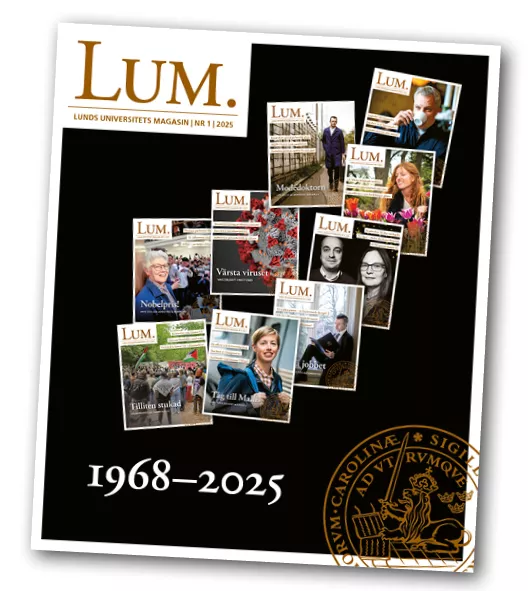“Humans see themselves as the kings of the hill, which extends to their cats. If you question this, many people get very angry. I got death threats,” says Han Somsen.
Han Somsen’s latest position was as professor at Tilburg University in the Netherlands, where he focused on EU law. This is where the connection to cats comes in. The recommendation to limit the free outdoor movement of cats was grounded in the EU’s Birds Directive and Habitats Directive. Somsen’s article, which was published in the Journal of Environmental Law in 2020, concluded that the directives already constituted a limit on the free movement of domestic cats outdoors.
Received death threats
When he and colleague Arie Trouwborst pointed out that domestic cats should be kept indoors in order to meet the obligations of the directives and for the sake of biodiversity, many people were critical. “You have to respect nature,” and “my cat is happier outdoors” were some of the arguments.
These were the sentiments despite the fact that cats are the biggest cause of death among birds. Millions of small birds are killed by domestic cats every year in Sweden alone.
“If your cat is happier outdoors, maybe you shouldn’t have it as a pet. It is a foreign and invasive species that should not roam outdoors in European nature,” says Han Somsen.
The cat article made a big splash in public debates and politics. The media picked up on the article, even internationally, which led to what Han Somsen calls “absolute madness” and the previously mentioned death threats. But it also led to a political party that made the proposal its own, as well as a new organisation whose only goal is to ban free-ranging cats.
Han Somsen compares the issue to the fact that he used to smoke in the workplace early on in his career, something that today would be inconceivable. Perhaps views on cats will also shift. Few dog owners in Sweden would let out their dog the way cat owners do.
Use the law to embrace humility
The cat article, however, is not typical of Han Somen’s research in general, which focuses predominantly on EU law and, in recent years, issues centred on the Anthropocene, the age of man. The Anthropocene is a proposed geological era defined by humans’ impact on the geology, climate and ecosystems of Earth.
“Civilised people believe in the rule of law. But now we have been testing this principle for some time and can see that the natural infrastructure that supports human life is collapsing and we are facing a catastrophe. I am interested in how we can use the law to embrace humility,” says Han Somsen.
Nature above the law
After his recent professorship, Han Somsen is specifically inspired by EU law now that he wants to place nature above the law. This is what he hopes to spend the last ten years of his career focusing on, here in Sweden.
“Legislation is a weak regulatory instrument that is only felt if it is enforced. Therefore, after the Second World War, the founders of the EU turned to the market as a way to achieve peace in a splintered Europe. As a driving force for political integration, the market has been more successful than the law. In essence, EU legislation creates a presumption that markets take precedence over the law, unless there are good reasons why this should not be the case. This might include protecting human health, for example.”
Perhaps a similar argument could be used to counter the catastrophic ecological consequences of our time, argues Han Somsen.
“There are practical methods for instilling the assumption that nature comes above humans. The EU’s environmental protection legislation is already doing this, in a way. If you wake up with a wolf in your garden, this will dominate what you can and cannot do with your property. In a way, the wolf embodies an interest that cancels out your property rights.”
Social change is a must
Many different crises such as the threat to biodiversity and runaway climate change are happening simultaneously and are closely linked. Han Somsen believes that universities are important stakeholders for social change and argues that it is up to individual researchers and the institutions as a whole to take responsibility.
“Law faculties should be tasked with reflecting on justice and many normative questions. We can’t just teach our students how to use the law. We have a deeper responsibility. Universities must speak louder about what we know and understand,” says Han Somsen.
Who depends on who?
When Han Somsen came to Sweden, he moved to an older house out in the Skåne countryside. He has not had potable water for six months. It has run out. Now they must dig even deeper.
“You only need ask a five-year-old if humans are dependent on nature or if nature is dependent on humans. We need water for our survival,” says Han Somsen.
Back to the cat article, which Han Somsen describes as one of his more unusual outputs.
“And yet it will be the one I am remembered for. Cats are a perfect storm for anyone who wants to understand how humans see themselves in relation to nature. Yet we are a part of nature. A third of our DNA is identical to the daffodil,” says Han Somsen.




